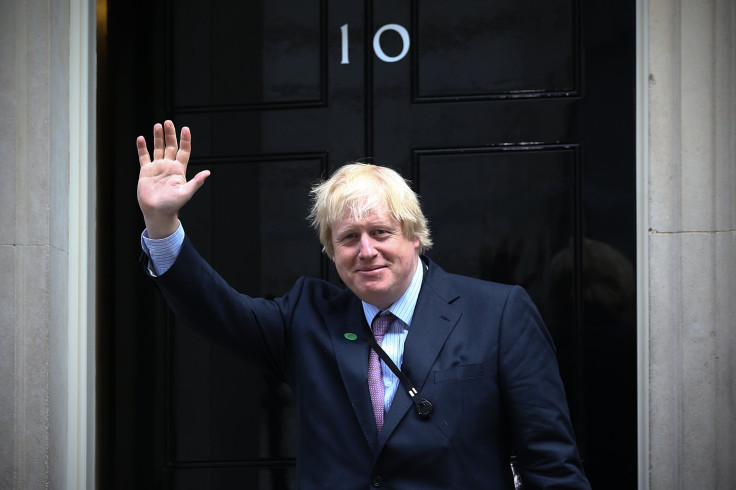Brexit News: Could A Legal Challenge Shut Down PM Boris Johnson's Strategy For A No-Deal Brexit?

British Prime Minister Boris Johnson's strategy of suspending parliament to push through a no-deal Brexit with the European Union could be thwarted, as a legal challenge against the plan is set to be heard in court on Sept. 6. More than 70 Members of Parliament (MPs) backed the challenge.
A preliminary hearing on the case took place Tuesday at the Court of Edinburgh in Scotland. Johnson has stated that he would take the U.K. out of EU by Oct.31, with or without a deal.
In early November, the Queen is set to speak to the House of Commons and House of Lords, the two houses that make up the U.K. parliament. Usually, parliament can be suspended one to weeks prior to the address, which means Johnson could legally force a no-deal Brexit through by late October without the consent of the MPs.
Johnson is also considering calling another general election and has refused to rule out waiting until after a no-deal Brexit on Oct. 31 to do so. The Leader of the Opposition, Jeremy Corbyn, has called such a move "unprecedented, unconstitutional, and anti-democratic abuse of power."
"Forcing through no-deal against a decision of parliament, and denying the choice to voters in a general election already underway, would be an unprecendented, unconstitutional, anti-democratic abuse of power by a prime minister elected, not by the public, but by a small number of Conservative Party members," Corbyn said.
MPs in the House of Commons who want to keep the U.K. in the EU are expected to criticize the Prime Minister's plans on Sept. 9.
Petitioners in the case include the Scottish National Party, Liberal Democrat, Labour and Plaid Cymru MPs.
"A man with no mandate seeks to cancel Parliament for fear it will stop him inflicting on an unwilling public an outcome they did not vote for and do not want," Jolyon Maugham QC, director of the Good Law Project, told BBC News.
"That's certainly not democracy and I expect our courts to say it's not the law."
In the case of a no-deal Brexit, Johnson hopes to pursue an extensive trade deal with the U.S.
U.S. National Security Advisor John Bolton has said that the U.K. would be at the "front of the line" for a trade deal with the U.S.
Members of the U.S. Congress, such as Speaker of the House Nancy Pelosi, D-Calif., have said that the U.S. will not pursue a deal with the U.K. if the Good Friday Agreement is threatened. The Good Friday Agreement of 1998 established Northern Ireland as part of the U.K., and ended the 30-year conflict known as The Troubles.
The U.K. voted to leave the EU in June 2016 with the referendum seen as a way for former Prime Minister David Cameron to appease the pro-Brexit wing of his Conservative Party, although he did not support Brexit himself. After the referendum, Cameron stepped down, with Theresa May then replacing him. Johnson has served as prime minister since July 24.
© Copyright IBTimes 2024. All rights reserved.





















